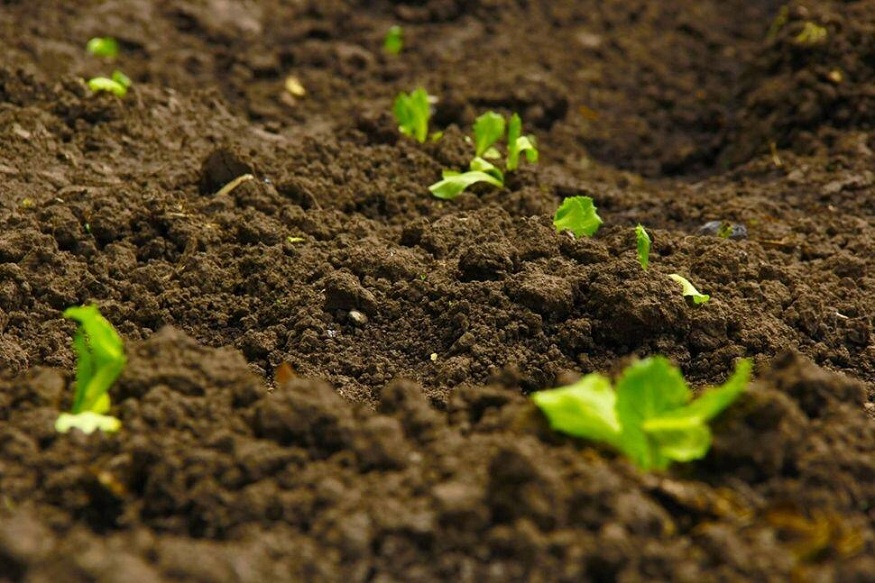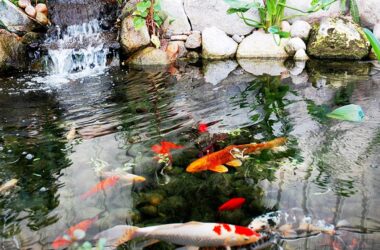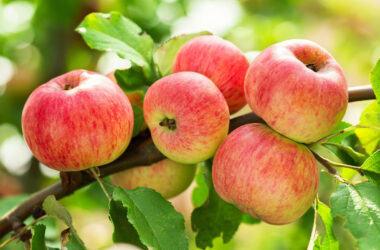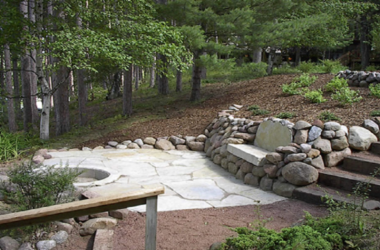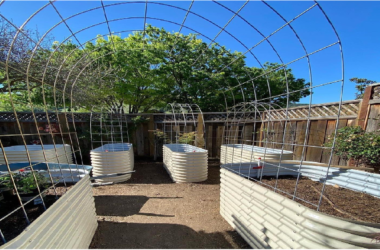Soil forms the foundation of every successful garden, playing a vital role in supporting plant life, managing water flow, filtering pollutants, and encouraging biodiversity. Maintaining healthy soil requires understanding its physical, chemical, and biological characteristics, all of which work together to create a thriving environment for plants and other living organisms.
Rich, fertile soil is filled with beneficial microbes and organic matter that enhance its structure and stability. Physically, soil should have the right balance of texture and moisture to sustain plant growth, while chemically, it must provide essential nutrients and maintain a proper pH level. Biologically, the presence of microorganisms breaks down organic materials, making nutrients more available to plants while ensuring long-term soil productivity.
In a home gardening context, soil health is critical. Fertile, well-balanced soil helps retain water, reduce runoff, and filter out harmful pollutants, all while supporting a variety of plant species. It also absorbs and stores carbon, playing a small but meaningful role in combating climate change. A biodiverse soil ecosystem promotes stronger, healthier plants by supporting beneficial insects and natural pest control.
Gardeners can improve soil health through sustainable practices such as reducing soil disruption, using natural mulches, and enriching the soil with products like C.F.O.™ organic soil amendment to boost fertility. Incorporating compost and allowing plant roots to remain undisturbed strengthens the soil structure while enhancing its moisture-holding capacity. Planting a variety of flowers, vegetables, and ground covers can further boost biodiversity and reduce erosion by keeping the soil covered year-round.
Advancements in gardening technology also provide home growers with innovative tools to monitor soil conditions more accurately. Modern soil sensors can measure moisture, nutrient content, and pH levels in real time, helping gardeners make data-driven decisions to optimize soil care. By adopting these practices and technologies, home gardeners can build healthier, more productive gardens while supporting the broader environment through sustainable soil management.

